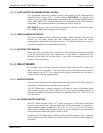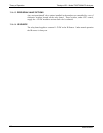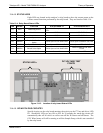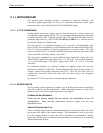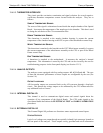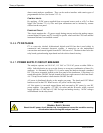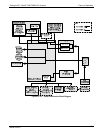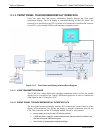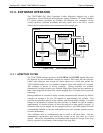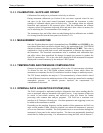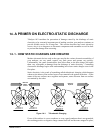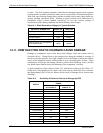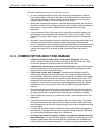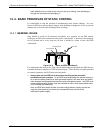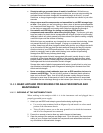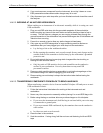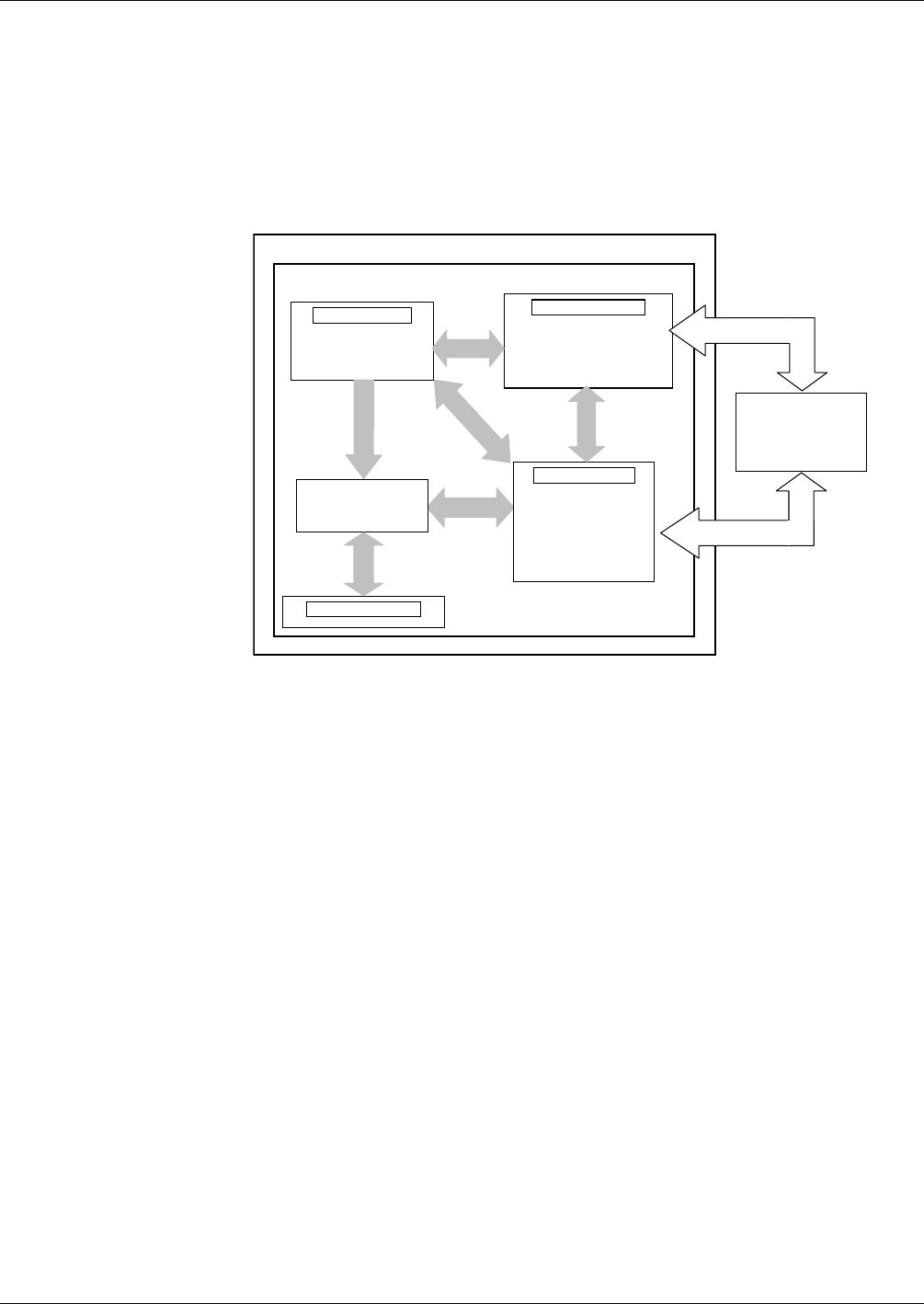
Teledyne API – Model T300/T300M CO Analyzer Theory of Operation
323
13.5. SOFTWARE OPERATION
The T300/T300M Gas Filter Correlation Carbon Monoxide Analyzer has a high
performance, VortexX86-based microcomputer running Windows CE. Inside Windows
CE, special software developed by Teledyne API interprets user commands via the
various interfaces, performs procedures and tasks, stores data in the CPU’s various
memory devices and calculates the concentration of the sample gas.
Windows CE
API FIRMWARE
Analyzer Operations
Calibration Procedures
Configuration Procedures
Autonomic Systems
Diagnostic Routines
Memory Handling
DAS Records
Calibration Data
System Status Data
Interface Handling
Sensor input Data
Touchscreen/Display
Analog Output Data
RS232 & RS485
External Digital I/O
Measurement
Algorithm
ANALYZER
HARDWARE
PC/104 BUS
PC/104 BUS
Linearization Table
Figure 13-18: Basic Software Operation
13.5.1. ADAPTIVE FILTER
The T300/T300M software processes the CO MEAS and CO REF signals, after they
are digitized by the motherboard, through an adaptive filter built into the software.
Unlike other analyzers that average the output signal over a fixed time period, the
T300/T300M averages over a set number of samples, where each sample is 0.2 seconds.
This technique is known as boxcar averaging. During operation, the software
automatically switches between two different length filters based on the conditions at
hand. Once triggered, the short filter remains engaged for a fixed time period to prevent
chattering.
During conditions of constant or nearly constant concentration the software, by default,
computes an average of the last 750 samples, or approximately 150 seconds. This
provides the calculation portion of the software with smooth stable readings. If a rapid
change in concentration is detected the filter includes, by default, the last 48 samples,
approximately 10 seconds of data, to allow the analyzer to more quickly respond. If
necessary, these boxcar lengths can be changed between 1 and 1000 samples but with
corresponding tradeoffs in rise time and signal-to-noise ratio (contact customer service
for more information).
Two conditions must be simultaneously met to switch to the short filter. First the
instantaneous concentration must exceed the average in the long filter by a fixed
amount. Second the instantaneous concentration must exceed the average in the long
filter by a portion, or percentage, of the average in the long filter.
06864B DCN6314



